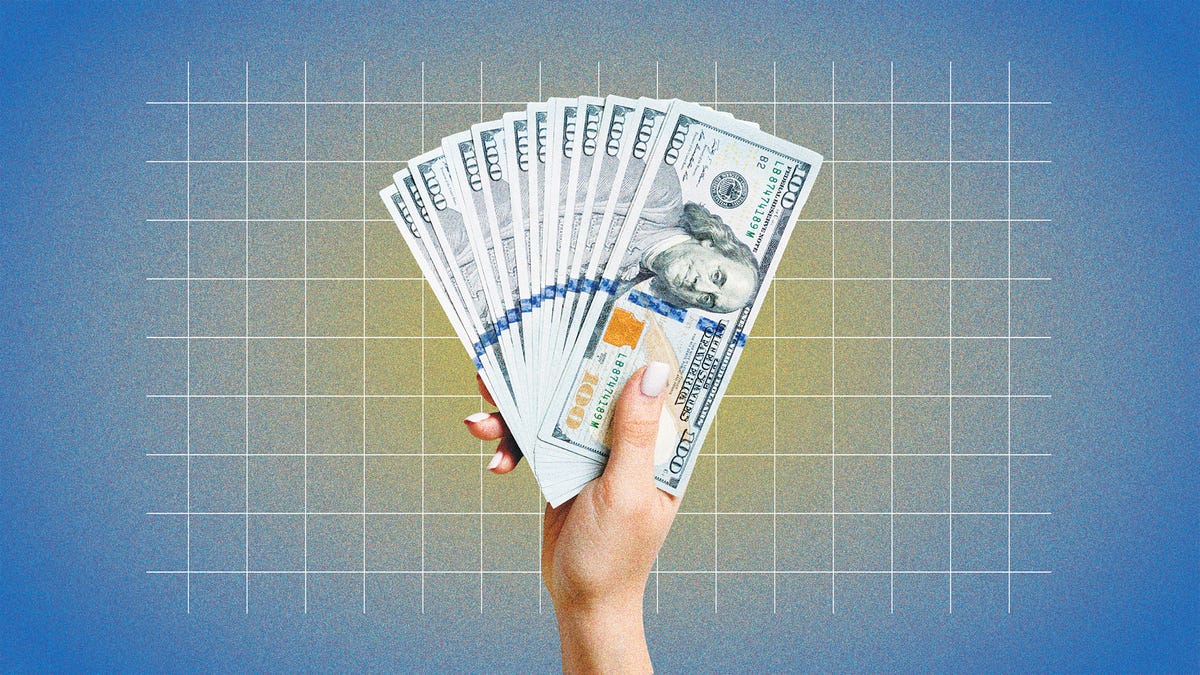- Financial Maverick
- Posts
- Mystery Bitcoins, The Color Green, and Real Estate Success
Mystery Bitcoins, The Color Green, and Real Estate Success
Get Your Tax Refund Early, but Experts Warn Against It. Here's Why
Good morning. It's Tuesday Jan. 9, and we're covering the overjustification effect, meaning of the color green, real estate obstacles, and much more.
First time reading? Sign up here.
Stock Market Update
Market Performance: January 9, 2024.
The S&P 500 ended Friday modestly higher, but all three of the major averages snapped a nine-week winning streak following a stronger-than-expected jobs report.
The broader index rose 0.18% to end at 4,697.24, while the Nasdaq Composite added 0.09% to finish at 14,524.07. The Dow Jones Industrial Average ticked higher by 25.77 points, or 0.07%, settling at 37,466.11.
The three major averages notched their first negative week in 10, with the Nasdaq suffering the biggest decline at 3.25% — its worst weekly performance since September. The S&P 500 and Dow dropped 1.52% and 0.59%, respectively.
Financial Maverick Insights
How the Overjustification Effect Reduces Motivation
The overjustification effect is a phenomenon in which being offered an external reward for doing something we enjoy diminishes our intrinsic motivation to perform that action. If we enjoy playing volleyball, for example, our motivation to play is reduced if we're offered money to do so according to this effect.
Why does the overjustification effect occur? We'll answer this question and share what we've learned from research in this area. This can help us understand why we may experience lower motivational levels when offered a reward for an activity that brings us joy.
Researchers have found that when extrinsic motivation (such as money and prizes) is given for actions that people already find intrinsically rewarding, they become less internally motivated to pursue those activities in the future.1 But why does a reward diminish our intrinsic motivation?
One theory is that people tend to pay more attention to external rewards rather than their enjoyment of the activity. As a result, they think that their participation in the activity is the result of the external reward instead of being due to their internal appreciation of the behavior.
What Does the Color Green Mean?
Research in color psychology suggests that colors evoke psychological reactions, affecting moods and emotions. Sometimes, these reactions are related to the intensity of a color. In other cases, they're products of experience and cultural influences.
For many people, the color green means nature and brings to mind lush grass, trees, and forests. Green is often described as refreshing and tranquil. Other common associations with the color green are money, luck, health, and envy.
In color psychology, colors made up of long wavelengths are considered "arousing or warm," whereas colors such as green that have shorter wavelengths are "relaxing or cool." Whereas our eyes must adjust to see colors with longer wavelengths, they don't need to adjust at all to see cool colors.
The color green can positively affect thinking, relationships, and physical health. Green is also thought to relieve stress and help heal. You'll often find green in the decor of medical facilities.
Real Estate News
Personal Finance Tips
Alternative Investing
Do you have any financial transactions in Bitcoin? |
Reach Over 100,000 Financial Mavericks
Advertise with Financial Maverick to get your brand in front of the Financial Gurus in the world. The Mavericks are high-income and highly knowledge people who are always looking for an interesting product or tool.
Calling all Financial Mavericks! To help out a family and friend in need by sharing this newsletter. Tell you what if you ever wanted to be a Hero, Financial Guru, or a Nice Person this is your time!
DISCLAIMER: None of this is financial advice. This newsletter is strictly educational and is not investment advice or a solicitation to buy or sell any assets or to make any financial decisions. Please be careful and do your own research.







